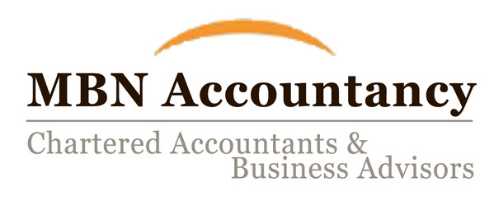Capital gains tax (CGT) is levied on capital gains made on the disposal (including gifts) of most assets. However, if the disposal is of ‘business assets’ by a trader (including a personal trading company) then it is possible to defer the charge. Methods of deferral available for both self employed and companies are via the purchasing of a replacement asset (‘Business Asset Rollover relief’) or ‘Hold over relief’.
Read More
Throughout an accounting period a director will withdraw monies from the company against the director’s loan account (DLA), the withdrawals being satisfied usually by the taking of a salary and/or bonus) and/or dividends (dividends being preferable as no NICs are payable) or by repaying the monies withdrawn.
Read More
Spouses and civil partners benefit from special rules for capital gains tax purposes which allow them to transfer assets between them at a value that gives rise to neither a gain nor a loss. The transferee spouse/civil partner effectively takes on the transferor’s base cost. This can be very useful from a tax planning perspective to maximise available annual exempt amounts and capital losses.
Read More



